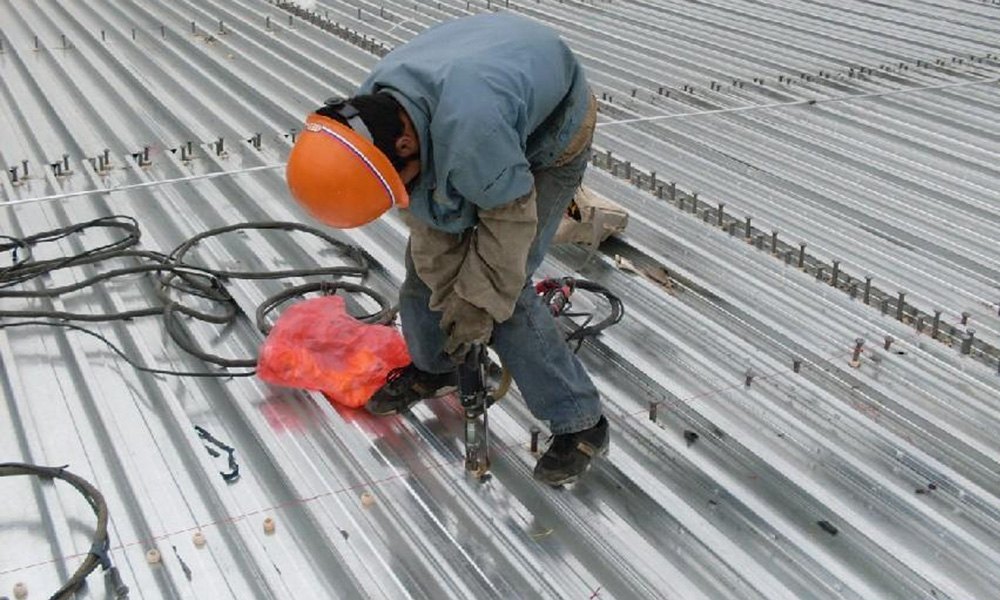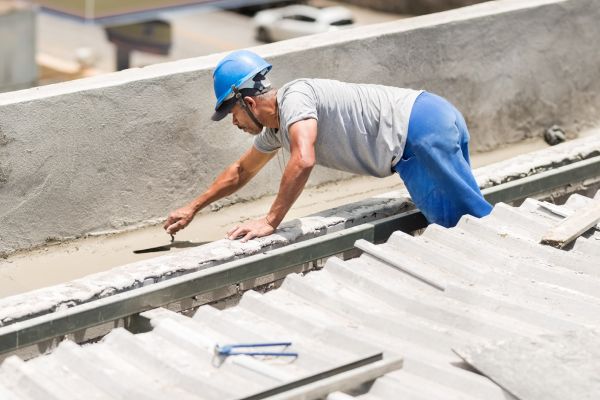
Selecting the right roof for your commercial property is a significant decision that impacts long-term functionality and costs. A well-suited option can protect your business, enhance energy efficiency, and increase the building’s value. This article covers some key factors to consider when making this crucial choice.
Understand Your Needs and Building Requirements
Choosing the right commercial roofing starts with understanding your specific needs and the structure’s requirements. Factors like the building’s size, location, and purpose all play a role in determining the most suitable option. For example, a warehouse may require a different material or design than an office building.
Consider weather conditions in your area, as some materials perform better in certain climates. For instance, regions with heavy rainfall may benefit from waterproof membranes, while those with high temperatures might prefer reflective surfaces. Also, check local building codes to ensure compliance with regulations.

Evaluate Material Options
There are several materials available, each with its own advantages and limitations. Common options include metal, asphalt, single-ply membranes, and built-up systems. Each material has unique characteristics, so it’s essential to evaluate them based on your priorities. Metal is known for its durability and resistance to extreme weather, while asphalt is a cost-effective choice with decent longevity.
Single-ply membranes, such as TPO and EPDM, are popular for their flexibility and energy efficiency. Built-up systems offer excellent protection and are ideal for flat surfaces. Balancing cost, lifespan, and maintenance needs will help you choose a material that aligns with your goals.
Consider Energy Efficiency and Sustainability
Energy efficiency is a key consideration for modern businesses. Choosing a roofing system with reflective properties or insulation can reduce energy consumption and lower utility bills. Look for materials designed to minimize heat absorption, which keeps indoor temperatures stable.
Sustainable options, such as green roofs or recyclable materials, are also gaining popularity. These systems reduce environmental impact and may even qualify your business for tax incentives. Considering both immediate and long-term benefits ensures you select an option that meets functional and ecological goals.
Plan for Maintenance and Durability
No matter the material, every roof requires regular upkeep to remain in optimal condition. When selecting a system, consider how much maintenance it will need and whether you can manage those requirements effectively. Some materials, like metal, require minimal attention, while others, like asphalt, may need periodic repairs.
Durability is another critical factor, as it impacts the roof’s ability to withstand wear and tear over time. High-quality systems may have a higher upfront cost but often offer lower maintenance expenses and a longer lifespan. Investing in a durable option saves money and reduces the need for frequent replacements.
Work with Experienced Professionals
Partnering with experienced professionals is essential when selecting and installing a new roofing system. Skilled contractors bring the expertise needed to assess your property, recommend suitable options, and execute the installation properly. They also ensure compliance with safety standards and regulations.
Professional services also help with maintenance and repairs, extending the life of your roof and preventing costly issues. Providers specializing in industrial roofing can offer tailored solutions based on your business’s unique needs. A reliable contractor ensures that the installation process runs smoothly, resulting in a system that performs well for years to come.
Selecting the right commercial roofing involves careful consideration of your building’s needs, material options, and long-term goals. Collaborating with experts ensures a durable and efficient system that protects your property and supports your business’s success. Whether it’s durability, sustainability, or energy efficiency, the right choice can make a significant difference in the overall performance of your building.



